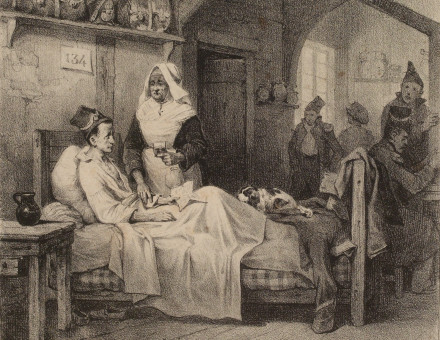John Brewer
Daniel Snowman meets the historian of 18th-century British art, culture, commerce, consumption – and a sensational murder.
In the early 1960s I left my father for my uncle.’ Not literally, of course. What John Brewer means is that when he was a teenager, he deserted what he regarded as the ultra-bourgeois conservatism of his surgeon father for the more free-flowing Marxism of Uncle Leslie, a radical journalist and bon viveur with long hair, a fine taste in wines and a succession of debts, wives and mistresses. Any lad growing up in the Liverpool of the Beatles might have been tempted to make a similar transition. Not that John ‘deserted’ his father completely. On the contrary. It was Dr Brewer who first took the boy to art galleries and museums. A keen collector of antiques, Brewer père once wrote what became a standard guides to old clocks, evidently bringing to the study of their intricate interiors something analogous to his skills as a surgeon. His view of the past may have been tinged with what his son regarded as old-fashioned, post-imperial nostalgia. But it was he who first stimulated John’s interest in the material survivals of earlier times – thereby inadvertently helping kickstart the career of one of our most innovative cultural historians.





